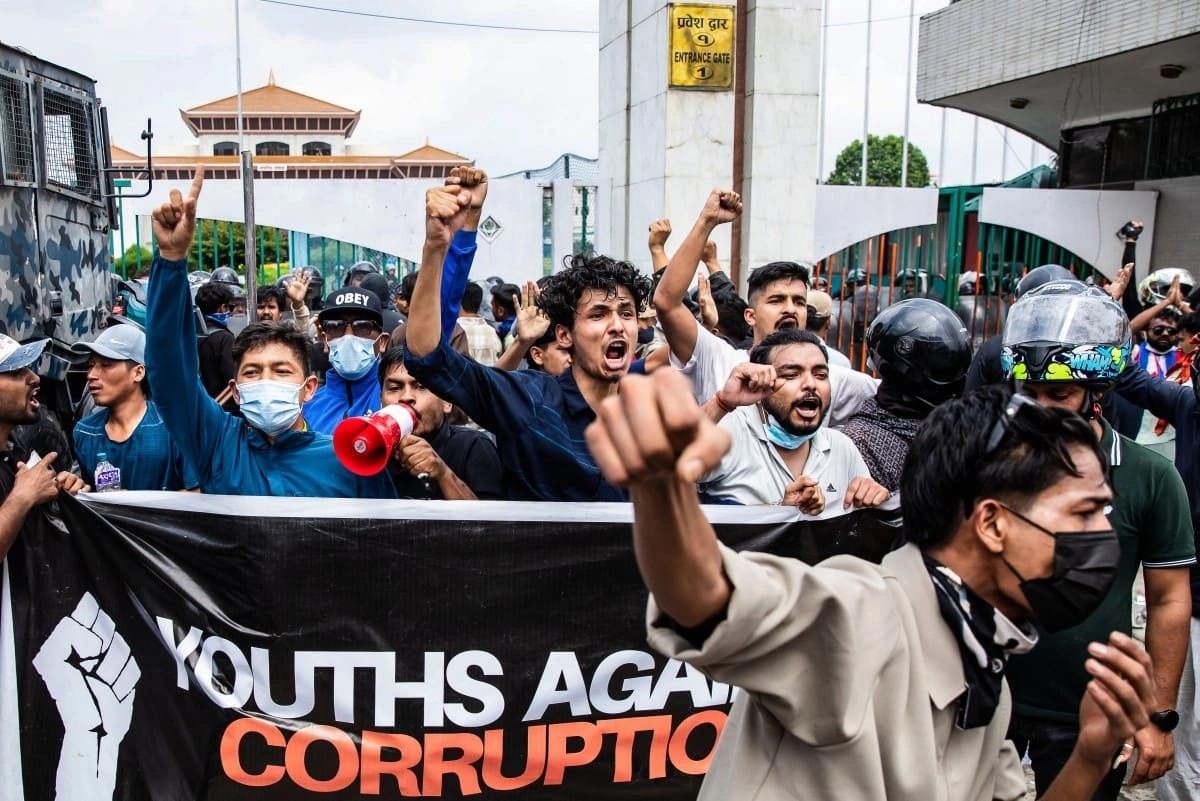The rise of Generation Z in Nepal has ushered in a transformative wave of activism that has caught the government off guard. Often labeled as “arrogant” and “rigid” by older generations, this demographic has proven to be anything but conventional in their approach to social and political change. Equipped with digital tools and a strong sense of justice, Gen Z has effectively mobilized to challenge age-old practices and demand accountability from a government that has long been perceived as stagnant and unresponsive to the needs of its citizens. Their activism is marked not just by protests, but also by a savvy use of social media platforms to amplify their voices and engage in dialogue that transcends traditional boundaries.
The recent demonstrations in Kathmandu and other major cities highlight the frustrations of young people who feel marginalized and unheard. Issues such as climate change, gender equality, and corruption have become rallying points for this generation, pushing them to take a stand against established norms. What sets Gen Z apart is their ability to blend technology with activism, creating a potent force that has compelled the government to reassess its priorities. The youth’s demands are not merely rooted in idealism; they articulate a vision for a more equitable and just society, one that reflects their aspirations and concerns.
As the government grapples with the demands of a generation that refuses to be ignored, it faces a critical juncture. The traditional mechanisms of power and influence are being challenged, and the ruling authorities must adapt to this new reality or risk being sidelined altogether. The “arrogance” attributed to Gen Z may be seen as a refusal to accept the status quo, while their “rigidity” stems from a deep-seated commitment to their values and beliefs. This dynamic creates a compelling narrative about the future of governance in Nepal, where a more engaged and informed citizenry is calling for a transparent and accountable leadership.
In this context, the events unfolding in Nepal serve as a microcosm of a larger global movement, where young people are increasingly asserting their rights and demanding change. The intersection of technology, social justice, and political activism marks a pivotal moment in Nepali history, one that could redefine not only the relationship between the government and its citizens but also the very fabric of society itself. As Gen Z continues to make its mark, the implications for governance and civic engagement are profound, signaling a shift towards a more participatory and inclusive political landscape. The challenge lies in whether the government can rise to meet these expectations or if it will falter under the weight of its own inertia.




